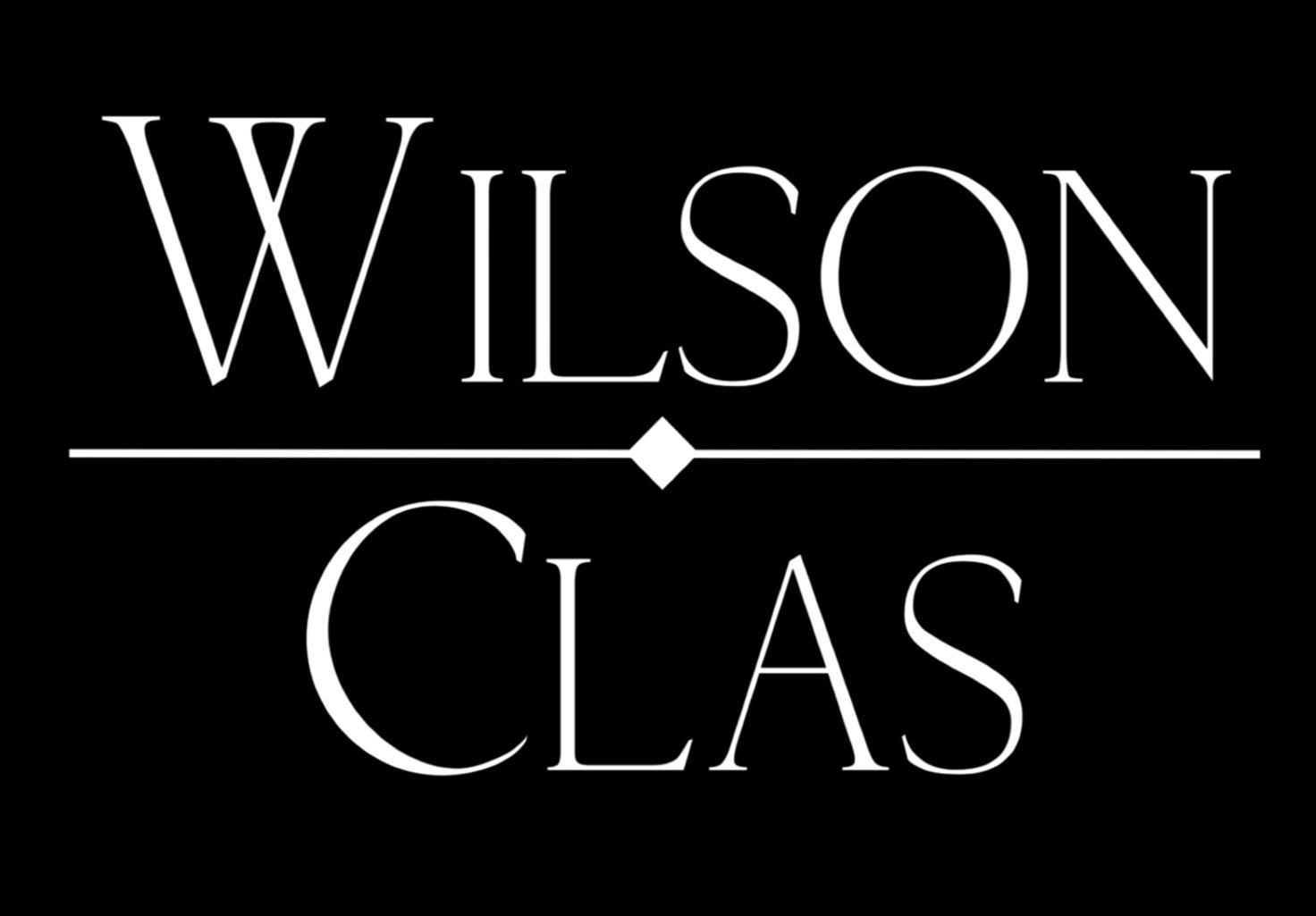New Title IX Rule Both Expands And Limits Protections For Accused College Students
On May 6, 2020, the Department of Education issued new rules related to Title IX proceedings, which apply to colleges and universities throughout Minnesota. The rules, which took effect August 14, 2020, expand protections and safeguards against sexual harassment, assault, and harassment, but also strengthen accused students’ rights to due process.
Among other things, the Title IX rules now expressly prohibit students from directly cross-examining one another, which makes the need for competent representation during these proceedings ever more important. The Title IX rules also require schools to provide support services to students, even if a student chooses not to move forward with a formal complaint process.
Other key provisions of the Department of Education’s new Title IX rules:
Defines sexual harassment to include sexual assault, dating violence, domestic violence, and stalking, as unlawful discrimination on the basis of sex
Empowers alleged victims to make decisions about how a school responds to incidents of sexual harassment
Requires schools to offer survivors supportive measures, such as class or dorm reassignments or no-contact orders
Holds colleges responsible for off-campus sexual harassment at houses owned or under the control of school-sanctioned fraternities and sororities
Affords an accused student the right to written notice of the allegations against them, the right to an advisor, and the right to submit, cross-examine, and challenge evidence at a live hearing
Permits alleged victims to avoid having to come face-to-face with the accused during a hearing and from answering questions posed personally by the accused
Requires schools to select one of two standards of evidence, the preponderance of the evidence standard or the clear and convincing evidence standard, and to apply the selected standard evenly to proceedings for all students and employees, including faculty
Provides "rape shield" protections, which protect alleged victims from having to divulge any medical, psychological, or similar privileged records
Requires schools to offer an equal right of appeal for both parties to a Title IX proceeding
Gives schools flexibility to use technology to conduct Title IX investigations and hearings remotely
Some of these changes are more significant than others. The standard of proof, for example, can make a huge difference in the outcome of a Title IX proceeding. The preponderance of the evidence standard is a significantly less onerous burden of proof than the clear and convincing evidence standard. Each college’s or university’s determination as to the applicable standard of proof will likely have a dramatic impact on the outcome of its Title IX hearings, if the standard of proof is in fact honored and correctly applied throughout the proceedings.
Title IX proceedings can result in suspension, expulsion, termination, and lead to criminal charges, among much else. A Title IX proceeding that is not handled competently can result in a black mark on professional and educational records, which can continue to negatively impact students and faculty members for years into the future. Contact the firm today if you have questions about a Title IX proceeding, or allegations of stalking, harassment, or sexual misconduct/assault on a college campus in Minnesota, Iowa, Wisconsin, or North or South Dakota.
These new rules will specifically apply to colleges throughout Minnesota, including the University of Minnesota (the U of M), St. Olaf College, Carleton College, Gustavus Adolphus College, University of Minnesota Duluth, Minnesota State University Mankato, University of St. Thomas, Concordia University, College of St. Benedict, St. John’s University, and Macalester College.

